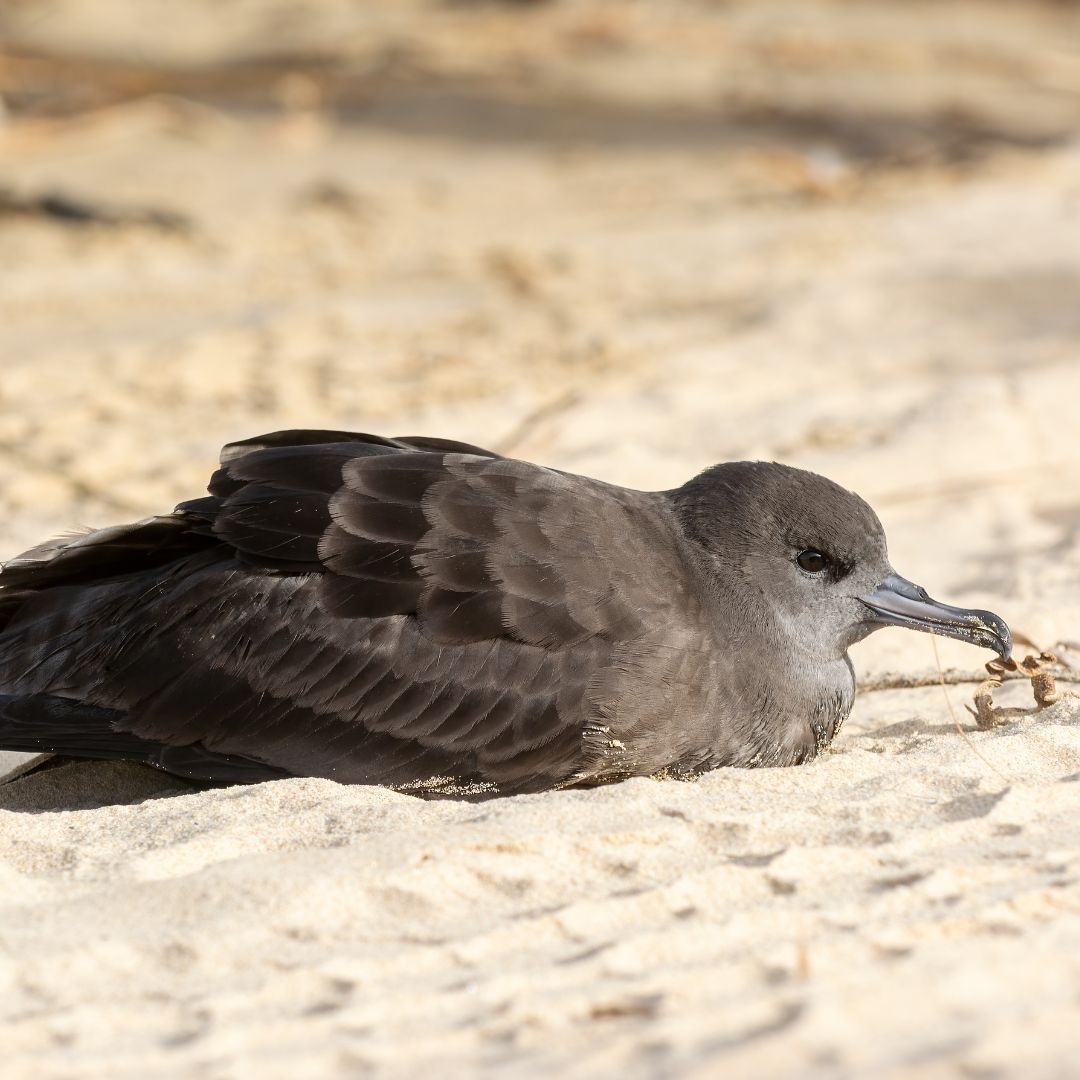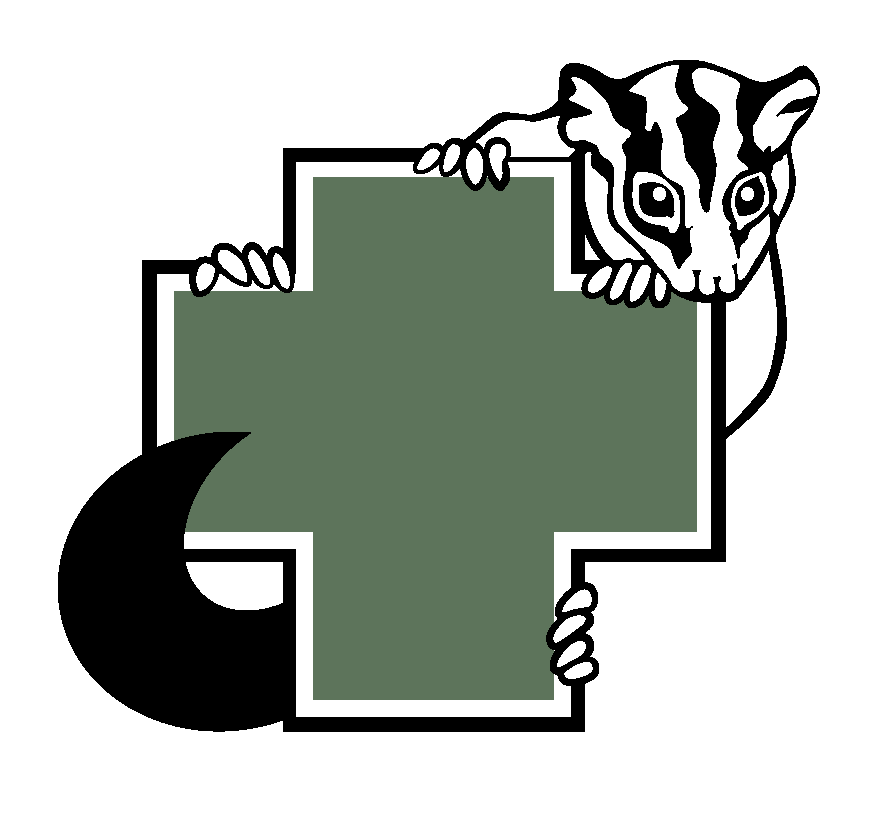Shearwaters Are Returning: What You Need To Know & How To Help
Shearwaters Are Returning: What You Need To Know & How To Help
22 November 2025

The Annual Shearwater Migration
Every year, thousands of migratory shearwaters (often called muttonbirds) arrive on Australian shores after an extraordinary journey across the Pacific. Sadly, many arrive exhausted, starving, or injured. This year, there is an additional concern: a low but possible risk of H5N1 avian influenza.
Hunter Wildlife Rescue is asking our community to stay vigilant, avoid handling sick or deceased birds, and report them immediately to the 24-hour Emergency Animal Disease Hotline: 1800 675 888.
Why are shearwaters vulnerable right now?
Shearwaters travel more than 10,000 km without stopping for food or rest. Many birds wash up on beaches every year due to natural exhaustion or severe emaciation. Most of these birds do not survive, even with treatment.
This season, due to global spread of avian influenza overseas, there is a small but important risk that some birds may arrive carrying H5N1.
What should the public do if they find a shearwater?
For your safety and the safety of other wildlife:
Do NOT handle the bird
Do not pick it up, transport it, or attempt to feed or care for it
Instead, take these steps:
1. Keep yourself, children, pets, and other people away.
2. Report it immediately to the 24-hour Emergency Animal Disease Hotline: 1800 675 888
3. If the bird is alive but weak, maintain distance.
4. If the bird is deceased, do not move or collect the body.
These reports help Biosecurity NSW track potential disease incursions and protect local wildlife, domestic birds, and the poultry industry.
Why Hunter Wildlife Rescue is not rehabilitating exhausted shearwaters this season
Our bird coordinators, after many seasons of attempting to save exhausted migratory shearwaters, have observed extremely low survival rates. Birds arriving in November–January are typically:
• Emaciated
• Dehydrated
• Severely weakened
• Near death on arrival
Attempted rehabilitation causes significant stress to the birds and is rarely successful. This year, with the added avian flu risk, rehabilitation poses additional risks to carers, other wildlife, pets, and the community. We are therefore recommending:
• Recording and reporting only
• No collection of bodies
• No rehabilitation of sick/exhausted shearwaters during this period
We understand this may be disappointing for members of the public who care deeply about wildlife. Our mission is centred around supporting wildlife in need of help, but our priority is community safety, carer safety and preventing disease spread.
Thank you for helping protect wildlife and our region
By following the reporting process and avoiding handling, you are helping to protect coastal wildlife, poultry farms, our carers, and the wider community.
For reports of unwell or dead shearwaters, please call the 24-hour Emergency Animal Disease Hotline 1800 675 888.



